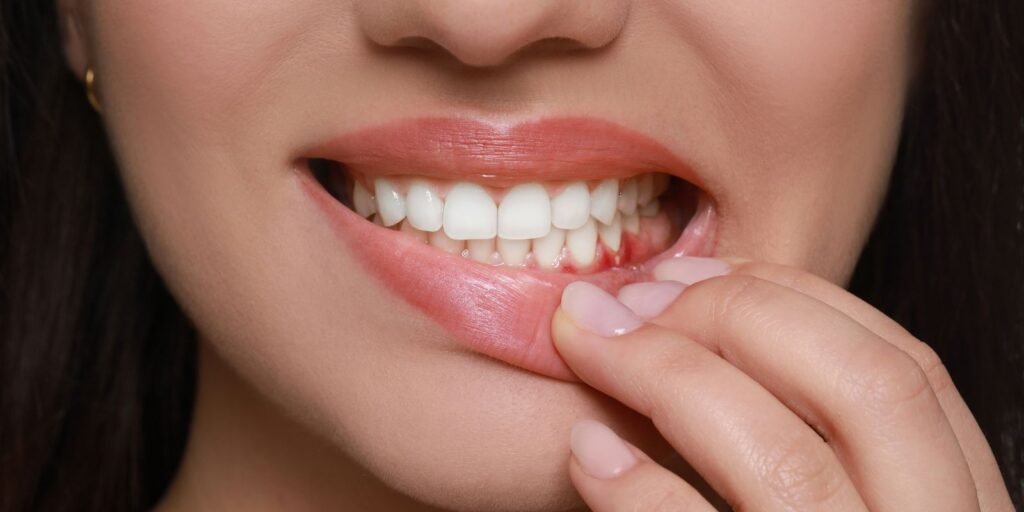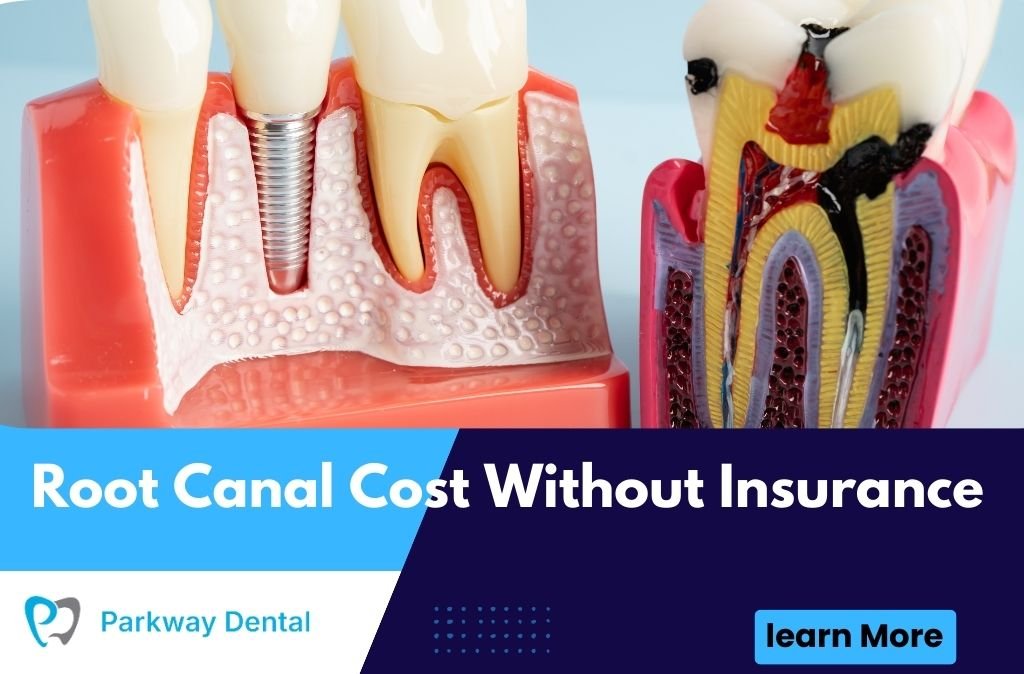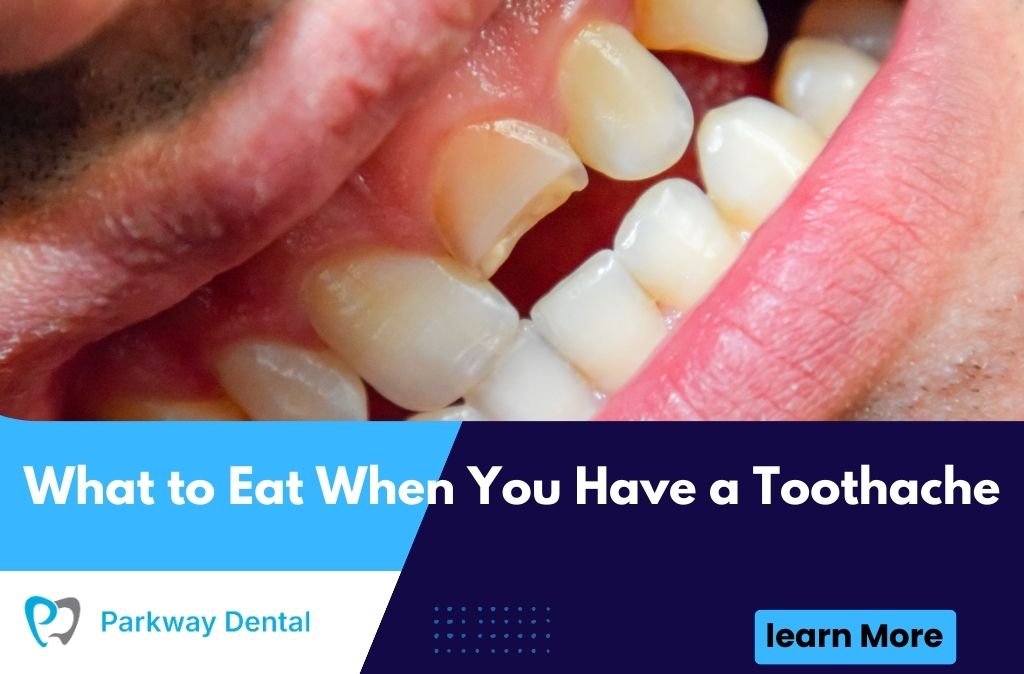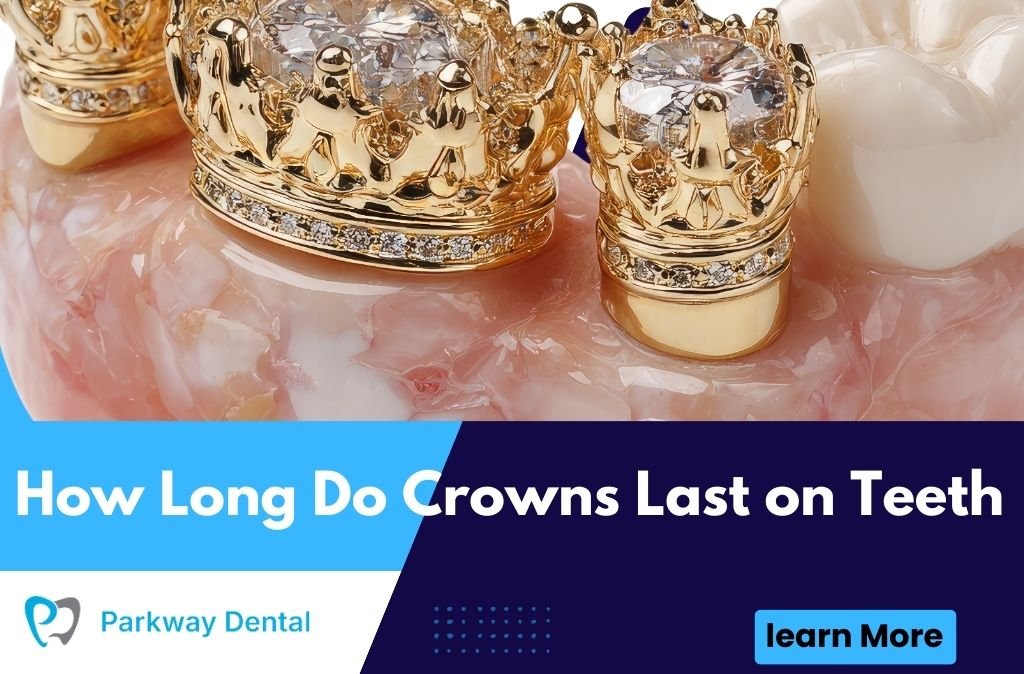What You Need to Know About Bleeding Gums: A Comprehensive Guide
Bleeding gums are a common issue that many people experience at some point in their lives. This guide will provide you with all the information you need to understand the causes, symptoms, and treatments for bleeding gums. Whether you’re dealing with bleeding gums when brushing or searching for the best home remedies, we’ve got you covered.
Understanding the Causes of Bleeding Gums
Why Do My Gums Bleed?
Bleeding gums can be alarming, especially when you’re not sure why it’s happening. The most common cause is gum disease, also known as periodontal disease. This condition is often the result of poor dental hygiene, leading to plaque buildup on the teeth. Plaque is a sticky film of bacteria that can harden into tartar if not removed through regular brushing and flossing. Tartar can irritate the gums, causing them to bleed.
Other causes of bleeding gums include vitamin deficiencies, particularly a lack of vitamin C and K, hormonal changes during pregnancy, diabetes, and certain medications. It’s essential to identify the underlying cause to address the issue effectively.
Gum Disease Symptoms
Recognizing the symptoms of gum disease early can help prevent more severe issues down the line. Common symptoms include red, swollen, and tender gums, persistent bad breath, and loose teeth. If you notice any of these signs, it’s crucial to visit your dentist for a proper diagnosis and treatment plan.
Bleeding Gums Treatment
How to Stop Bleeding Gums
Stopping bleeding gums involves a combination of good oral hygiene practices and professional dental care. Start by brushing your teeth at least twice a day with a soft-bristled toothbrush and fluoride toothpaste. Floss daily to remove plaque and food particles from between your teeth.
Regular dental check-ups are also vital. Your dentist can perform professional cleanings to remove tartar and plaque that regular brushing and flossing can’t reach. If gum disease is present, your dentist may recommend treatments such as scaling and root planing, antibiotics, or even surgery in severe cases.
Best Toothpaste for Bleeding Gums
Using the right toothpaste can make a significant difference in treating and preventing bleeding gums. Look for toothpaste that is specifically formulated for gum health. These toothpastes often contain ingredients like fluoride, antibacterial agents, and anti-inflammatory compounds that help reduce gum inflammation and bleeding.
Home Remedies for Bleeding Gums
Natural Remedies for Bleeding Gums
If you prefer natural solutions, several home remedies can help soothe and heal bleeding gums. Rinsing with a saltwater solution is one of the simplest and most effective methods. Saltwater has natural antibacterial properties that can reduce inflammation and kill bacteria in the mouth.
Another popular remedy is oil pulling, which involves swishing coconut or sesame oil in your mouth for 10-15 minutes. This practice can help reduce plaque and bacteria, promoting healthier gums.
Home Remedies for Bleeding Gums
In addition to saltwater rinses and oil pulling, other home remedies include applying aloe vera gel directly to the gums, using a turmeric paste, and drinking green tea. These remedies can help reduce inflammation and support overall gum health.
Bleeding Gums and Bad Breath
Understanding the Connection
Bleeding gums and bad breath often go hand in hand. When your gums bleed, it can create an environment where bacteria thrive, leading to persistent bad breath. This is especially common in cases of gum disease.
How to Combat Both Issues
To combat both bleeding gums and bad breath, it’s essential to maintain good oral hygiene and address the underlying cause of the bleeding. Regular brushing, flossing, and using mouthwash can help keep your mouth clean and reduce bad breath. Additionally, chewing sugar-free gum or using breath mints can temporarily mask bad breath, but it’s crucial to address the root cause for a long-term solution.
Bleeding Gums During Pregnancy
Hormonal Changes and Gum Health
Pregnancy can bring about many changes in a woman’s body, including hormonal fluctuations that affect gum health. These hormonal changes can make gums more sensitive and prone to bleeding, a condition known as pregnancy gingivitis. It’s crucial to maintain good oral hygiene and visit your dentist regularly during pregnancy to prevent and treat gum issues.
Safe Treatments for Pregnant Women
If you experience bleeding gums during pregnancy, there are safe treatments available. Regular brushing and flossing, along with professional dental cleanings, can help keep your gums healthy. Your dentist may also recommend using a gentle mouthwash or specific toothpaste designed for sensitive gums.
Bleeding Gums and Vitamin Deficiency
Role of Vitamins in Gum Health
Vitamins play a crucial role in maintaining healthy gums. Deficiencies in vitamins C and K can lead to bleeding gums. Vitamin C is essential for collagen production, which helps keep your gums strong and healthy. Vitamin K helps with blood clotting, preventing excessive bleeding.
Supplementing Your Diet
To prevent bleeding gums caused by vitamin deficiencies, it’s essential to eat a balanced diet rich in fruits and vegetables. Foods high in vitamin C include citrus fruits, strawberries, and bell peppers. Vitamin K can be found in leafy green vegetables, such as kale and spinach. If necessary, consider taking vitamin supplements to ensure you’re getting enough of these essential nutrients.
Bleeding Gums and Diabetes
The Link Between Diabetes and Gum Health
Diabetes can have a significant impact on your gum health. High blood sugar levels can lead to an increased risk of infections, including gum disease. People with diabetes are more likely to experience bleeding gums, which can be a sign of underlying gum disease.
Managing Gum Health with Diabetes
Managing your blood sugar levels is crucial for maintaining healthy gums if you have diabetes. Regular dental check-ups, good oral hygiene, and a healthy diet can help prevent gum disease. Your dentist may also recommend more frequent professional cleanings to keep your gums healthy.
Bleeding Gums and Lifestyle Factors
Bleeding Gums and Smoking
Smoking is a significant risk factor for gum disease and bleeding gums. The chemicals in tobacco can damage your gums, making them more prone to infection and bleeding. Quitting smoking is one of the best things you can do for your gum health.
Bleeding Gums and Alcohol
Excessive alcohol consumption can also affect your gum health. Alcohol can irritate the gums and lead to inflammation and bleeding. Reducing your alcohol intake and maintaining good oral hygiene can help prevent these issues.
Preventative Measures and Professional Care
Regular Dental Visits
Regular dental visits are essential for preventing and treating bleeding gums. Your dentist can provide professional cleanings and identify any early signs of gum disease. Early detection and treatment can help prevent more severe issues down the line.
Oral Hygiene Tips
Maintaining good oral hygiene is the best way to prevent bleeding gums. Brush your teeth at least twice a day, floss daily, and use mouthwash to keep your mouth clean. Eating a balanced diet and avoiding tobacco and excessive alcohol can also help maintain healthy gums.
Conclusion
Bleeding gums can be a sign of various underlying issues, from gum disease to vitamin deficiencies. Understanding the causes and implementing effective treatments can help you maintain healthy gums and prevent further complications. Regular dental visits, good oral hygiene, and a healthy lifestyle are key to keeping your gums in top condition.






